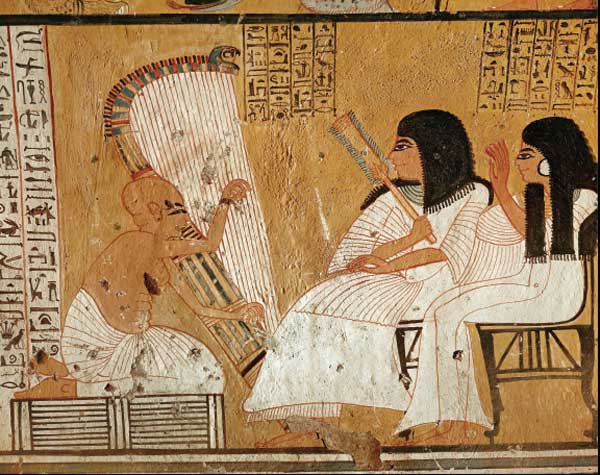
Everyone knows the Biblical story of Joseph (Genesis 37, 39–50). As a young lad he has dreams that predict his dominance over his brothers and parents. In retaliation, his brothers discuss killing him but instead sell him to traders who bring him down to Egypt, where he becomes servant to Potiphar, an officer of Pharaoh’s guard. Potiphar’s wife finds Joseph attractive and attempts to seduce him, but he rejects her. In return, she accuses Joseph of making advances and has him put in prison. While there, Joseph interprets the dreams of two fellow prisoners, foretelling their future. Two years later Pharaoh, too, begins to dream strange dreams, and Joseph is brought out of prison to interpret them:
Then Pharaoh sent and summoned Joseph and they rushed him from the dungeon, and he shaved and changed his clothes, and he came in to Pharaoh.
(Genesis 41:14)
Why did he shave? And what did he shave? And why does the text bother to mention it? I propose that this bit of tangential information is provided by a Biblical author who was familiar with the realia of the Egyptian court and of Egyptian mores.1
Already a library member? Log in here.
Institution user? Log in with your IP address.

